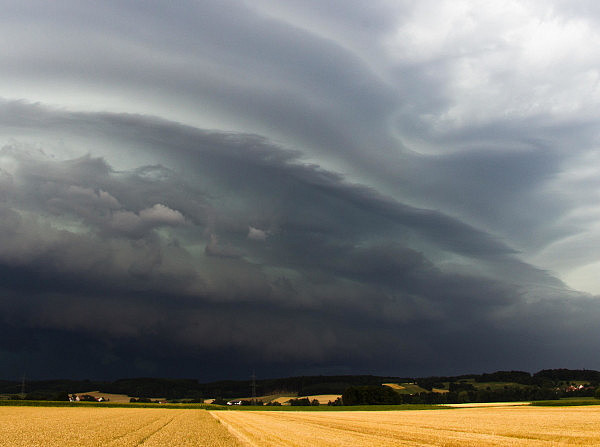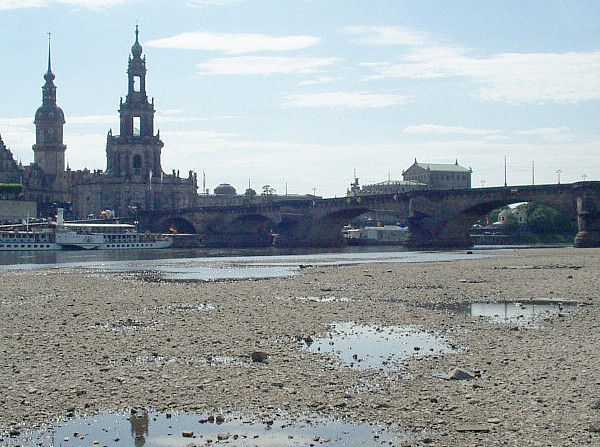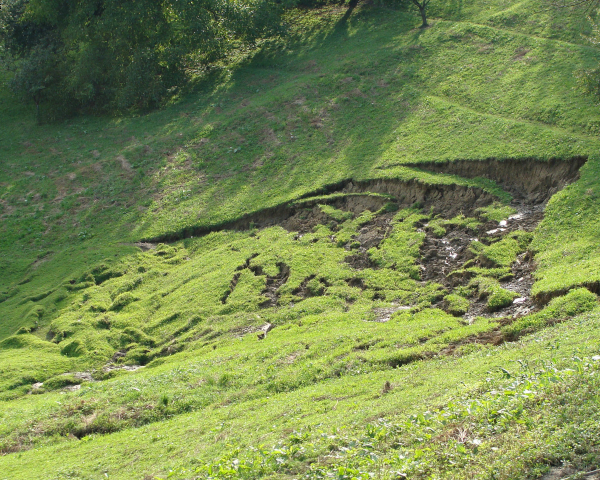Regional Climate Research Group
Research Topics
Regional climate is determined by weather processes and interactions across a broad range of spatial and temporal scales. These driving factors also influence natural climate variability and regional climate change. Understanding these factors is therefore crucial to generate credible regional climate projections, in particular for weather extremes.

- understand climate processes with a focus on extreme events (including compound events) and interactions between these processes across all scales;
- understand the impact of past and future global climate change on regional climate, in particular extreme events;
- understand the predictability of climate across time scales, and changes in predictability in a warmer climate;
- assess the ability of global and regional climate models to represent these processes, and to attribute model biases to the representation of particular processes;
- conduct climate model sensitivity simulations and idealised experiments to study these processes.

For many aspects of regional climate we can make robust future projections. But changes in feedbacks and circulation patterns induce substantial uncertainties for important phenomena such as extreme heatwaves and persistent drought events. It is therefore crucial to evaluate climate models against observations, to understand the causes of projection uncertainties, to quantify them comprehensively, and to distill what we robustly know about regional climate change.
-
understand the skill and uncertainties of climate projections at regional scales. This involves assessing model fitness, attributing projection uncertainties to underlying processes, exploring deep uncertainties in simulating regional climate change (in particular for extreme events) and understanding contradictions across multiple lines of evidence;
-
explore the range of plausible climatic changes as a basis for climate risk assessment;
-
understand the added value of higher-resolution climate modeling for simulating regional climate change;
-
generate high-resolution climate scenarios, e.g., for the Alpine region, including storylines of physically consistent evolutions of regional future climate; and future storylines of individual event.
In general, regional climate data cannot directly be used by users: model simulations have to be selected, analysed, statistically postprocessed and interpreted depending on the user context and for the specific application. A close collaboration with users therefore improves the applicability and relevance of regional climate information.

-
understand the information requirements and context of different types of users;
-
develop and apply methods to truly tailor climate projections for users;
-
develop new co-design approaches for climate service provision.